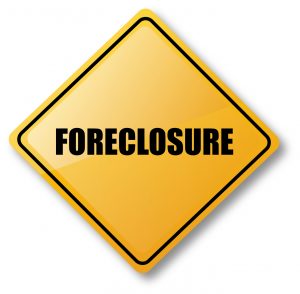 California creditors have a variety of tools available to enforce their legal rights. The appropriate tool will depend on the circumstances. For example, in some instances, a lien may be placed on real and/or personal property in order to protect or enforce a creditor’s rights. In the case of a debtor’s interest in an LLC, a charging order may be obtained creating a lien against the debtor’s membership interest in the LLC. Learn more about what a charging order is, how it works, and when it is the best tool for a creditor. An experienced San Jose corporate attorney can help your business find the best tools for enforcing creditors’ rights against any debtor.
California creditors have a variety of tools available to enforce their legal rights. The appropriate tool will depend on the circumstances. For example, in some instances, a lien may be placed on real and/or personal property in order to protect or enforce a creditor’s rights. In the case of a debtor’s interest in an LLC, a charging order may be obtained creating a lien against the debtor’s membership interest in the LLC. Learn more about what a charging order is, how it works, and when it is the best tool for a creditor. An experienced San Jose corporate attorney can help your business find the best tools for enforcing creditors’ rights against any debtor.
What is a Charging Order and When is it Appropriate?
When a creditor has obtained a judgment against a debtor, the creditor may obtain a variety of different orders or liens to enforce the judgment against the debtor’s assets. These can include a garnishment of the debtor’s wages, a levy of the debtor’s bank accounts, or the creation of a lien against the debtor’s real estate and personal property. When the debtor possesses an interest in a limited liability company (LLC), a court may issue to the creditor and against the debtor a charging order in order to allow the creditor to try to enforce the judgment against the debtor’s membership interest in the LLC.
 Business Lawyers Blog
Business Lawyers Blog


